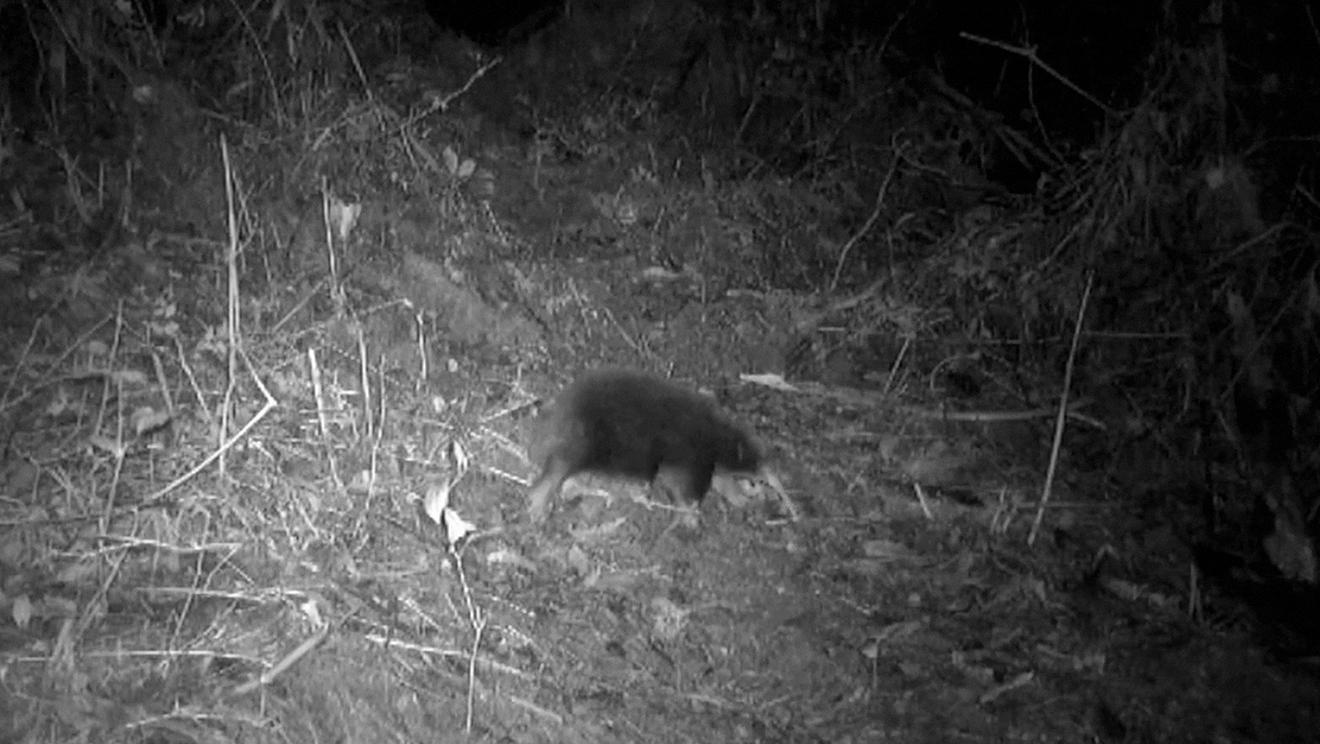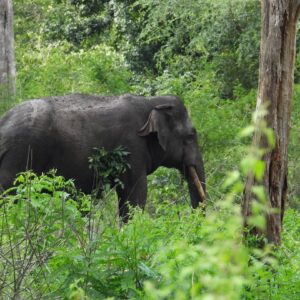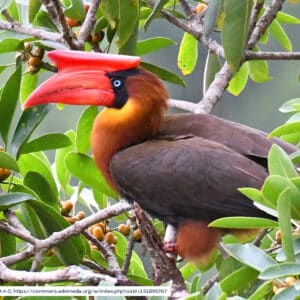God is concerned for life on Earth in all its variety. His love extends to each creature, which is why we lament anytime there is human-induced extinction of a fellow species (read more in the Evangelical Call to Action on Biodiversity). However, we rejoice all the more when a species is rediscovered! We’ve seen this many times over A Rocha’s 40+ years, like when an intern discovered a Salish Sucker Catostomus sp. in Canada, and a White-naped Mangabey Cercocebus lunulatus was photographed by a camera trap in Ghana’s Atewa Forest. In 2023, several more iconic species were rediscovered by the A Rocha Worldwide Family.
Thanks to a member of the Friends of A Rocha Network, YAPPENDA, Attenborough’s Long-beaked Echidna Zaglossus attenboroughi has been rediscovered in Indonesia! Feared extinct for over 60 years, this egg-laying mammal was found in the previously unexplored Cyclops mountains. Alongside members of the indigenous Yongsu Sapari community, scientists from the University of Oxford and students from Cenderawasih University, YAPPENDA embarked on an expedition to document the Cyclops Mountains with the goal of finding the lost echidna. The team deployed over 80 trail cameras, making multiple ascents of the mountains and climbing more than 11,000 metres in total. Finally, the echidna was caught on camera on the last SD card, from the last camera collected on the last day of the expedition. Many more discoveries were made which highlight the importance of protecting this rich wilderness, including a new species of terrestrial shrimp, dozens of new insect species and a new species of frog.
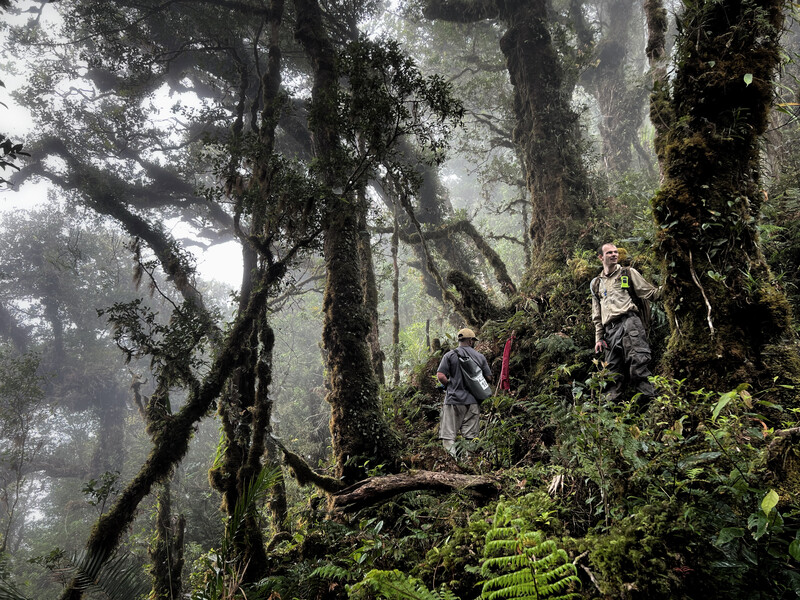
You may remember that A Rocha France observed beavers for the first time in the Vallée des Baux marshes last year. In the spring, they found three more rare and threatened species. Savi’s Warbler Locustella luscinioides once nested in the Baux marshes, but it hadn’t been observed during its nesting period in over 20 years. This elegant marsh warbler is in decline worldwide and red listed in France. A Rocha scientists observed singing males twice, almost a month apart, confirming the existence of their territory within the reserve. This migratory species prefers old reed beds with large reeds, a habitat which is gradually developing within the reserve’s wetland.
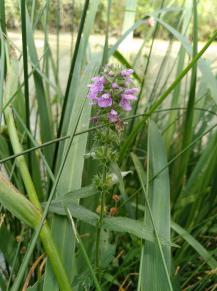
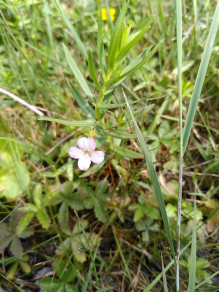
A Rocha Lebanon is currently searching for the elusive and critically endangered Hula Painted Frog Latonia nigriventer in the Bekaa Valley. Previously suspected to be extinct, its rediscovery elsewhere in 2011 has given new hope to learning more about and protecting this species.
